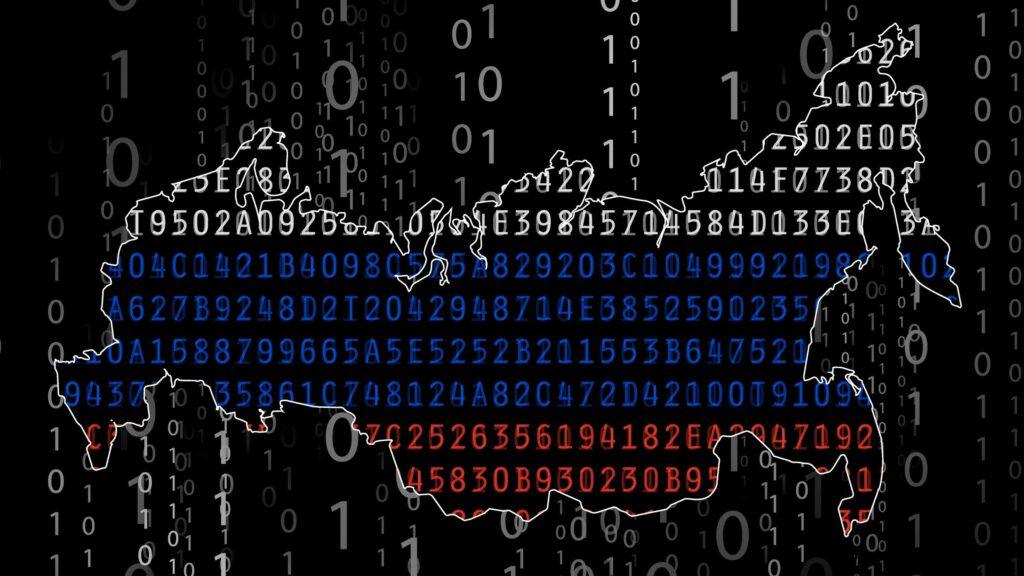The clampdown in Russia has made voice calling on both WhatsApp and Telegram extremely difficult or impossible, with some regions, particularly in southern Russia, facing tougher restrictions on the apps.
Last week, the Russian communications and censorship body Roskomnadzor explained that the failures experienced by Russian users were due to its work “countering criminals.”
As Amnezia recently stated in a tweet, VPNs are a key solution for users in Russia who want to maintain their privacy and still use their favorite messaging apps.
However, even accessing VPN services has become more difficult for Russians in recent years, as many services have been banned, forcing these users to change their location in the App Store or create new accounts in different regions.
Our advice for both Russian users and those visiting the country is to use a VPN with obfuscated servers and strong encryption, such as Amnezia, Proton or NordVPN, the latter of which introduced an advanced anti-censorship VPN protocol earlier this year.
Make sure the VPN you choose has a kill switch and that this option is enabled. It is also vital that users avoid Russian browsers, search engines or other services to access or research anything that may be controversial.
You may also want to consider paying for a VPN through more private payment methods, such as cryptocurrency, rather than with your debit or credit card.
Free VPNs should be avoided unless they are from a trusted VPN, like Proton VPN’s free tier. We recommend exploring our VPN reviews to discover the best VPN, whether you live in Russia or elsewhere, as VPN restrictions are not limited to Russia. Several countries around the world restrict or completely ban the use of VPNs, including Turkmenistan, Belarus, and Iraq.
Follow TechRadar on Google News and add us as a preferred source to receive news, reviews and opinions from our experts in your feeds. Be sure to click the Follow button!




